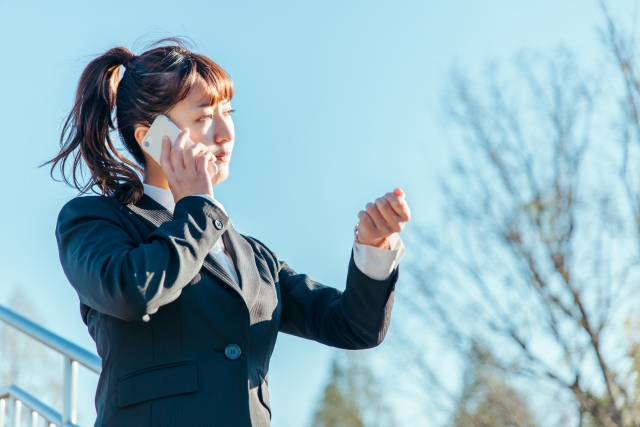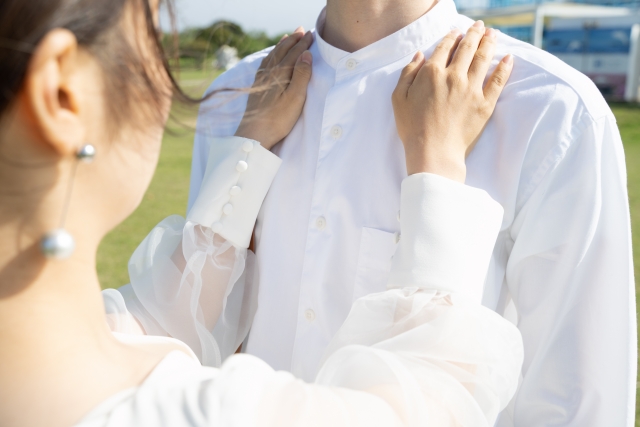Different countries have different appearances and values.
In cases where people stay in Japan for a few months to a few years, they are often puzzled by the differences in national characteristics.
Just as there is an image of Japan, Japanese people also have an image of foreigners.
If you are aware of these values, you will be able to communicate more easily with them.
In this article, I would like to explain the image that Japanese people have of foreigners and the image that foreigners have of Japanese people.

Click here to learn Japanese language with the best one-on-one Japanese tutoring lessons in person or online.
Contents
Image that Japanese people have of foreigners
Foreigners living in Japan may wonder, “What do the Japanese think of me? I am sure that you must be wondering “What do Japanese people think of me?
When you actually get to know Japanese people well and talk frankly with them, you may be surprised to find out that they have such an image of you.
Here are some specific examples of what kind of image Japanese people have of foreigners.

They talk to you gung-ho in their native language (fear of conversation).
Many Japanese people feel “fear” when communicating with foreigners.
However, this fear is not a fear that they may be harmed, but a fear about conversation, such as “What if they speak to me in a foreign language?
In Japan, English classes are taught from elementary school, but not many people can actually communicate in English with foreigners as adults.
As students, we study “English for getting good marks on tests,” but not so much “English for conversation,” so we are unable to actually use English.
Hence, when they come into contact with foreigners, they become anxious, thinking, “Oh no, what am I going to do?
Many of you may have experienced that when you talk to a Japanese person, the person you are talking to is very shy, which is proof that they are afraid of being spoken to in a foreign language.
When you actually use English when talking to Japanese people, be aware that you should speak slowly, not quickly.
It is not that they cannot speak at all, but many of them have the language ability to understand to some extent if they speak slowly.
If you speak slowly and use words that are easy to understand, their fear will melt away and they will think, “Oh, maybe I can somehow understand what you are saying.
The image of a cheerful and jovial person
Japanese people may have an image of being “serious” when viewed from a global perspective, but Japanese people have an image of foreigners as “cheerful and jovial.
Therefore, when they meet a quiet foreigner, they tend to feel that he or she is unusual.
Japanese people are willing to be friends with foreigners who are cheerful and can speak Japanese to some extent.
Surprisingly, there are many Japanese who feel happy to have a foreign friend, as if they have somehow become a global person.

Image that foreigners have of Japanese people
The image that Japanese people have of foreigners is as described above, but what about the opposite?
Here are some examples.
Shy” in any case
Japanese people are very rarely cheerful and proactive communicators.
Some are so “shy” that they cannot make eye contact with others.
This shyness, combined with the negative element of “not being able to speak English,” makes them seem even more shy.
However, once you get to know them, they are quite friendly and chatty.
Take some time to get to know them, and then you will be able to confirm your true compatibility.
Good time management
Many people doing business in Japan are surprised by their “good time management.
For example, if you are told at a morning meeting that “the meeting will start at 10:00 a.m.,” you work backwards and proceed with the work you need to do, and almost everyone is seated in the meeting room by 9:55 a.m.
Trains, buses, and airplanes that operate in Japan are almost always on time unless there are irregularities, and business-related movements are characterized by a strong awareness of time.
If you are going to hang out with Japanese people in your private time, try to be punctual as much as possible.
You may think, “It’s not business, so it’s OK to be a little late,” but surprisingly many Japanese have an aversion to tardiness.
Cleanliness
Compared to other countries, Japanese cities have an image of cleanliness, don’t they?
Many foreigners may be surprised at the cleanliness of public restrooms when they see them.
There are a few Japanese who litter, but in general, Japanese people like to keep clean and have a high awareness of hygiene.

Apologize immediately.
This is definitely the image that foreigners have when they come to Japan.
Most Japanese say “excuse me” frequently.
When they do so, they always bow.
In some cases, they bow repeatedly, so until you get used to it, you may feel uncomfortable at the sight.
Conclusion
In this article, I have explained about “the image that Japanese people have of foreigners and the image that foreigners have of Japanese people.
Different countries have very different appearances and values.
Please understand the “differences” mentioned here and make the most of them in your communication with Japanese people.
Related article:










